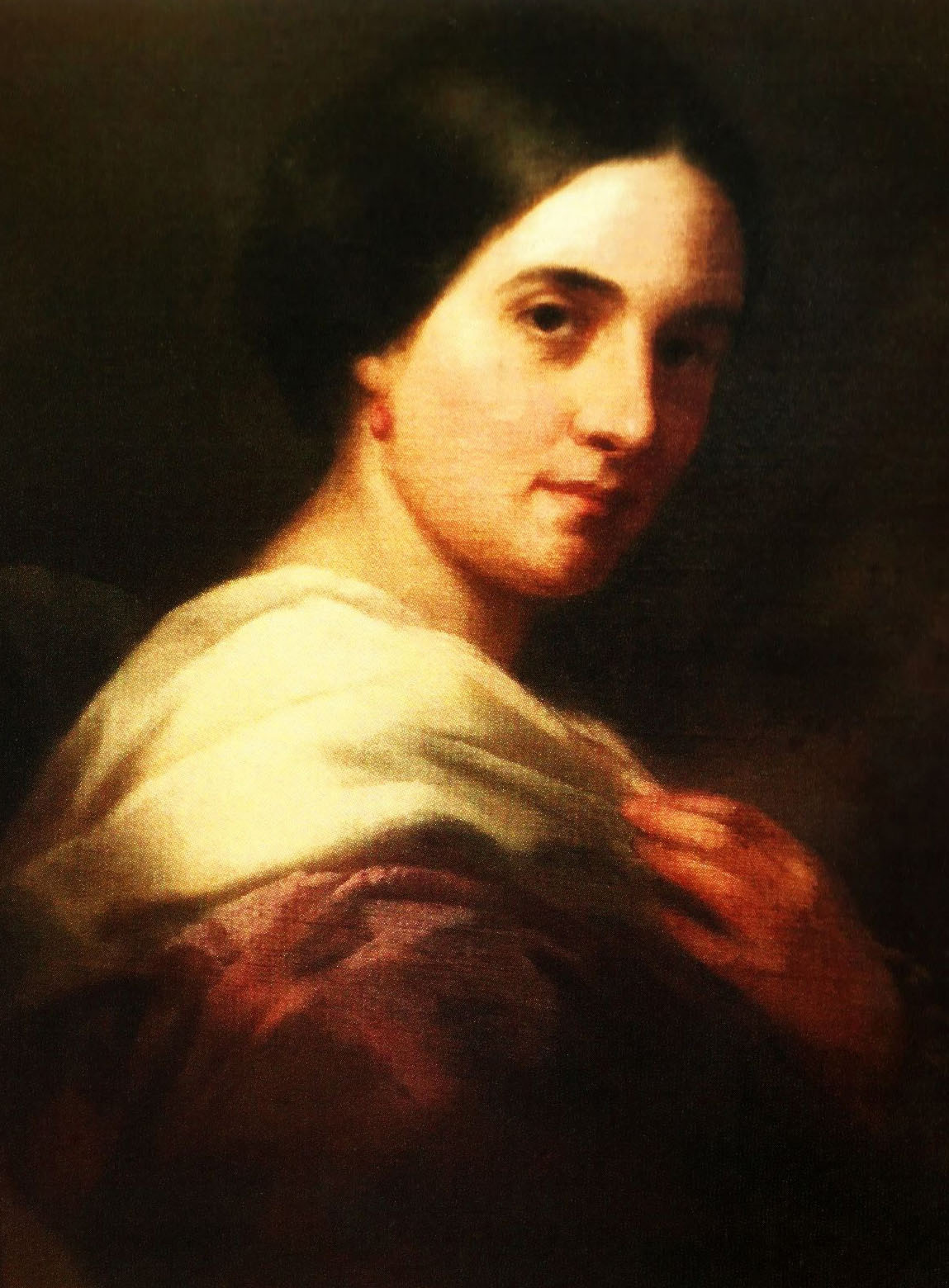Celeste Revillon Winans
1823 - 1861

Celeste Winans opened the first known soup house for people experiencing poverty in the United States. She was likely the nation’s first woman philanthropist and the first philanthropist of either gender in Maryland. The facility, across Baltimore Street from the family’s Alexandroffsky estate, served between 600 and 4,000 per day all year, with The Baltimore Sun citing the latter number. Winans ran the soup house from its date of purchase on June 15, 1854, until her tragic death in 1861. Her husband continued it in her honor after her death until it was used as a hospital for Gettysburg wounded during the Civil War.
Celeste Marguerite Louise Revillon was born in France on April 14, 1823, to George Revillon and his wife, Marguerite Louise Bonjour Revillon. She was the oldest of the couple’s eleven children and was raised in St. Petersburg, Russia, where her father was a notable engraver, and the family operated a ship-waterproofing business. While living in Russia, she met Thomas DeKay Winans, who was contracted to work on the construction of an iron bridge in St. Petersburg. They married on August 23, 1847, and moved to Baltimore, Maryland, in December 1850.
At his wife’s urging, Mr. Winans purchased the German Evangelical Reformed Church to house her soup kitchen. The expense log from June 3, 1861, to May 1862 lists bills totaling $26,970 for items including potatoes, beans, rice, bread, beef, pepper, flour, tinware, labor, peas, lime, wood, and coal. That was a significant annual sum for that era. Mrs. Winan’s administrators petitioned the city for help in providing the necessary eight hundred gallons of water a day.
She served dinners, helped for a time by Tilly and Marie Revillon, her sisters visiting from Russia. She had colored cards distributed around the city that people experiencing poverty could obtain. Each color represented a time of day, and she intended to reduce the self-consciousness of people experiencing poverty by shortening waiting lines. She made private visits to people, bringing clothes and food. The family donated funds to free blacks to help buy the freedom of their spouses, and the family employed free blacks to work on its estate.
Celeste Revillon Winans died on March 19, 1861, at the age of 38, a few days after giving birth to a stillborn baby.
Her charitable endeavors were so far-reaching that both The News American and The Baltimore Sun honored her with what was probably their first obituaries for a woman, with The Sun stating that female deaths were private family matters, but, in her case, the extent of her charitable work demanded public notice. Her funeral mass drew throngs of poor whites and free blacks to Baltimore’s Cathedral, even though it could not accommodate them inside.
"She was Baltimore's Lady Bountiful. She was one of the best friends of the suffering poor among us. It was in the quiet seclusion of her own purpose that Mrs. Winans performed most of her charities. Despite the fact that the death of a woman is a private, family matter, she was so largely a public benefactress that everyone would seem to have some claim to utter the grief and sympathy that will overflow from thousands of hearts." -- The News American, March 20, 1861.
Biography courtesy of the Maryland Commission for Women, 2020; updated 2023.
